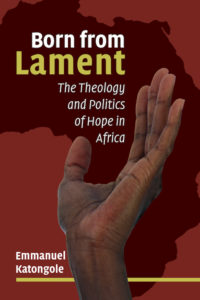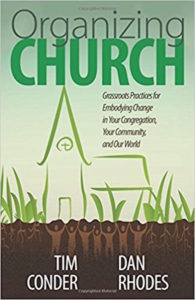 “Blessed and Highly Favored”: The Theological Anthropology of the Prosperity Gospel
“Blessed and Highly Favored”: The Theological Anthropology of the Prosperity Gospel
PLT Contributor Nathan Walton, currently a PhD student at the University of Virginia, has received a dissertation fellowship by the Louisville Institute. Walton is one of eighteen students in the US and the only UVA student to receive the 2017 fellowship.
The Dissertation Fellowship (DF) program assists the final year of Ph.D. or Th.D. dissertation writing for students engaged in research pertaining to North American Christianity, especially projects with the potential to strengthen the religious life of North American Christians and their institutions, including seminaries, while simultaneously advancing American religious and theological scholarship.
Walton’s dissertation, entitled “Blessed and Highly Favored,” will examine the theological anthropology of the prosperity gospel. In an expanded description of the project proposal, Walton writes:
“In this dissertation I examine the Prosperity Gospel, the fastest growing Christian movement in the world. I argue that the theological anthropology of the Prosperity Gospel devalues the poor, sick, and physically impaired. Specifically, the Prosperity Gospel promotes a form of Christian individualism that affirms self-sufficiency as an anthropological ideal in ways that undermine a more socially responsible ecclesiology. Promises of personal financial gain are preferred without adequate attention to the various systemic barriers to socioeconomic equality, and approaches to healing often lack a framework for affirming the integrity of those with ongoing sicknesses or disabilities. While the Prosperity Gospel promotes self-sufficiency in the areas of wealth and health, this dissertation identifies the implications that this form of individualism has for those who remain financially and physically dependent. In response, this dissertation affirms interdependence as a more ethically responsible value than independence and self-sufficiency.
My methodology draws from both qualitative research approaches and theological frameworks. First, I ground my description of the Prosperity Gospel within ethnographic fieldwork among two Prosperity Gospel megachurch communities in Richmond, Virginia. After conducting in-depth interviews, content analyses of sermons, and participant-observation research, I then bring my findings into conversation with the theological writings of Dietrich Bonhoeffer and Martin Luther King, Jr. By drawing from these sociological and theological resources, I tease out the theological anthropology that is articulated in the distinctive speech and enacted in the practices of this influential and quickly expanding movement. In response, this dissertation then offers a more theologically robust and ethically responsible vision of Christian identity and practice that foregrounds the common good and is instructive for the broader church.”
For more information on the fellowship, visit Louisville Institute’s website here.
Nathan Walton is currently a PhD student in the Department of Religious Studies at the University of Virginia. He is also an Associate Fellow at the Institute for Advanced Studies and Culture. Walton was previously a graduate research assistant for The Project on Lived Theology. Walton served as a Summer Internship in Lived Theology mentor for Peter Hartwig in 2014.

 The Theology and Politics of Hope in Africa
The Theology and Politics of Hope in Africa Grassroots Practices for Embodying Change in Your Congregation, Your Community, and Our World
Grassroots Practices for Embodying Change in Your Congregation, Your Community, and Our World